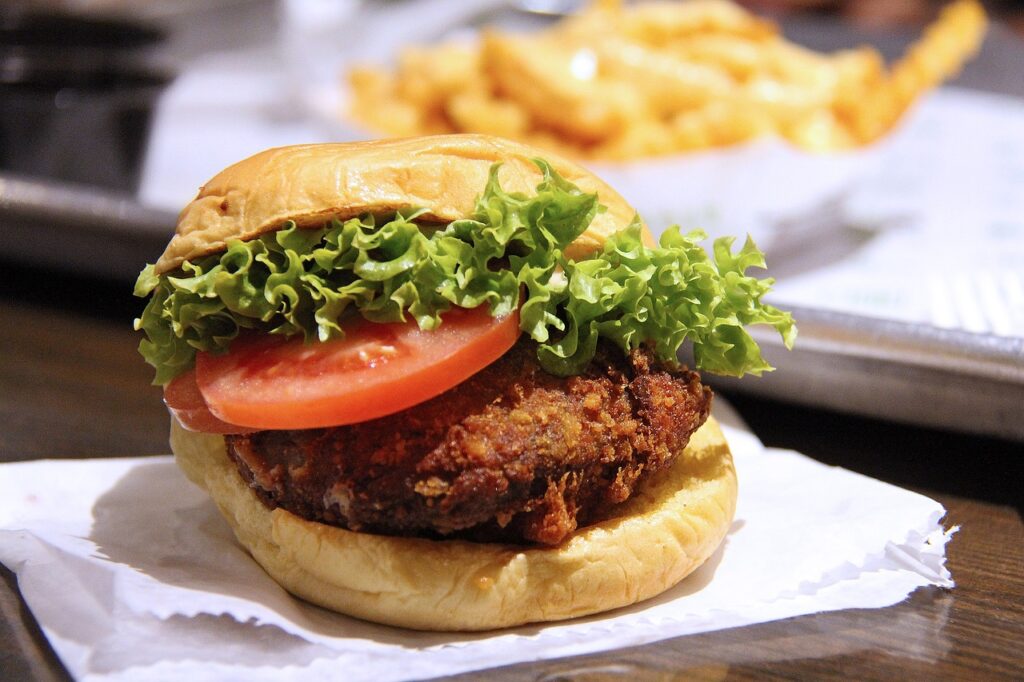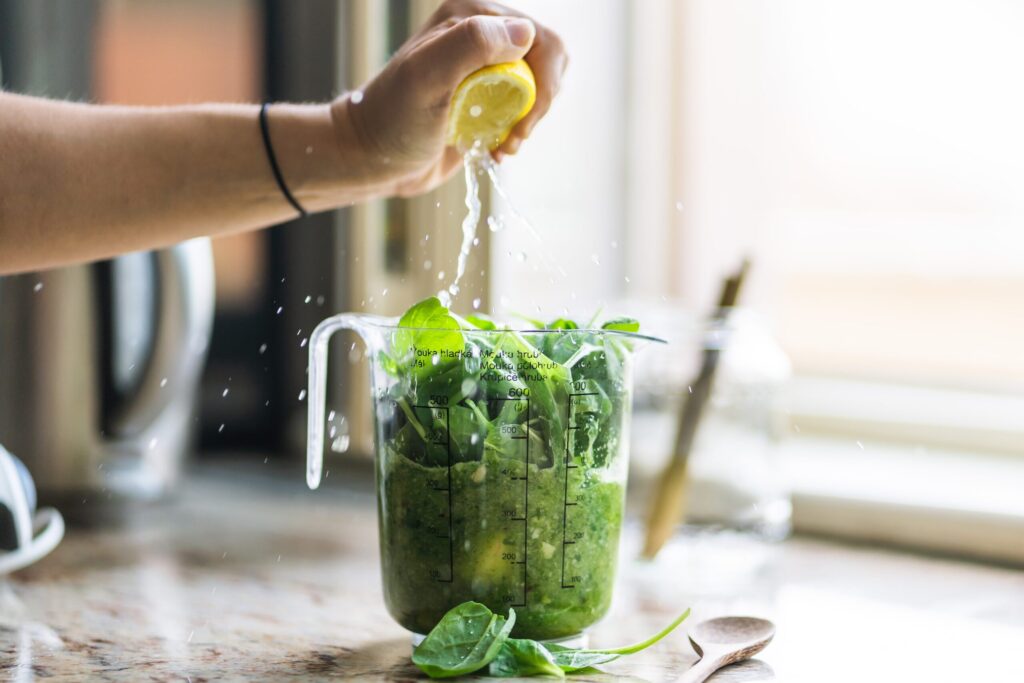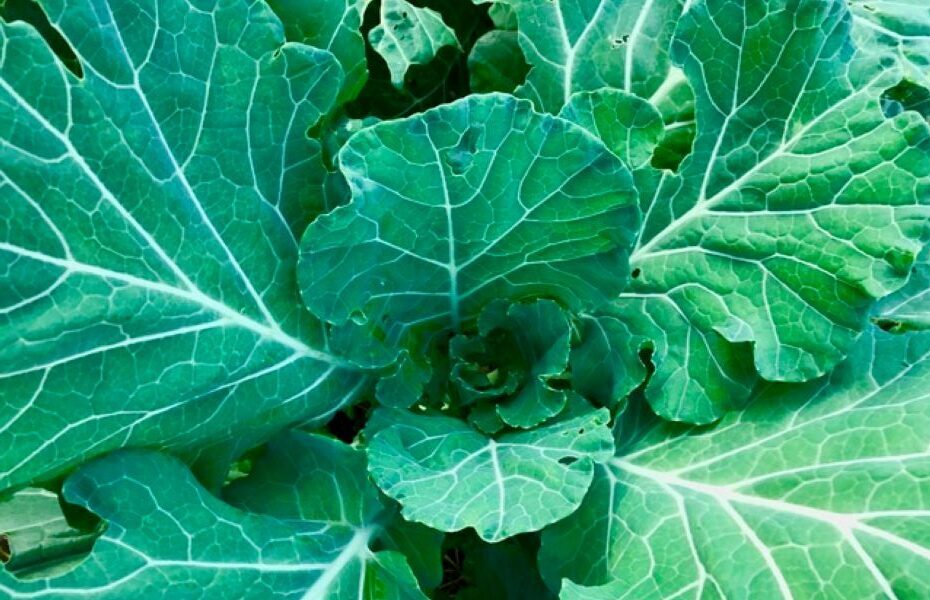If you’ve been shopping in any grocery stores lately, chances are you’ve seen more and more faux meat products like the Impossible Burger or most recently the Beyond Meat burgers and products.
The basic marketing line is that these are ‘plant-based burgers created to look, feel, taste and cook like their animal based counterparts, yet are healthier, more ethical and more sustainable.’ Is that true? Let’s take a look at some of the ingredients, claims and provide some context.
The Ingredients
The main ingredients of the Impossible Burgers are: water, soy protein concentrate, coconut oil, sunflower oil and natural flavors. Beyond Meat’s top five ingredients are water, pea protein isolate, canola oil, refined coconut oil and rice protein.
At first glance, it seems simple. Few ingredients, mostly easy to pronounce.
However, to begin, these foods are highly processed. Processed foods are known to contribute to higher rates of obesity, heart conditions, diabetes, cancer and early death. If processed meat contributes to ill health then how do we know that lab created genetically engineered meat substitutes are any better? Further, almost all of soy is genetically modified.
Even if you don’t agree that genetic modification is a problem, soy protein isolation is commonly done through a process called hexane extraction. The soybeans soak in hexane, labeled as a neurotoxin by the USDA. Then they are usually soaked in ethanol or some kind of acid to remove any carbohydrates or flavor.
Additionally, soy contains high levels of phytoestrogens and goitrogens, which mimic estrogen and can potentially create hormonal imbalances that create further downstream effects. Lastly, soy is labeled as an allergen and has been a controversial food for some time. While pea protein is newer to the block and therefore has less of a bad reputation to overcome, a research organization called the Detox Project that tests foods for the pesticide glyphosate, has found that there are hardly any clean sources of pea protein anywhere.
Moving on, canola and vegetable oils like sunflower oil are fats to be avoided. To make canola oil, rapeseeds are pressurized to squeeze out the oil, washed in hexane, refined and oxidized, cooled and bleached to remove color and then heated to get rid of any odor. Commercially processed, hydrogenated sunflower oil is high in omega-6 fatty acids and contributes to inflammation.
Lastly, natural flavors often translate to monosodium glutamate (msg), which has as many as 40 different names including yeast extract (beyond meat burger ingredient). MSG is an excitotoxin, a substance that over excites the nervous system. In mice studies it has increased obesity, diabetes and inflammation and in human studies has been shown to increase the incidence of headaches and blood pressure.
The Bigger Picture
Generally, a plant-based diet is defined as a diet that is mostly made up of foods derived from plants that includes vegetables, grains, nuts, seeds, legumes and fruits, with few animal products. These foods are real, whole foods that are grown in the soil of this earth.
The goal with the advent of plant-based diets was to incorporate more fruits and vegetables, not to include more processed, packaged foods. If something is labeled plant-based (or gluten-free or meat-free) it does not automatically secure a spot in the healthy seats.
In other words, plant-based does not equal healthy if the food has been altered and has additives. Real food is one of the central currencies of life and a foundation of health. Food like substances put together in labs and factories are not the answer to chronic disease, and the adulteration of our soil and planet, especially when they are created by the very same environmentally negligent manufacturers that have helped to get us here. Further, the point of this article is not to create fear around these foods, but to understand what they are truly made of and where they come from. Nor is the point to run and eat processed, factory farmed, processed meat.
However, if we want a healthy vegetable burger, why not make one on our own with minimal effort and maximum benefit with vegetables from your own or local farms that includes something like avocado, tomato, hummus, onions and lettuce!



